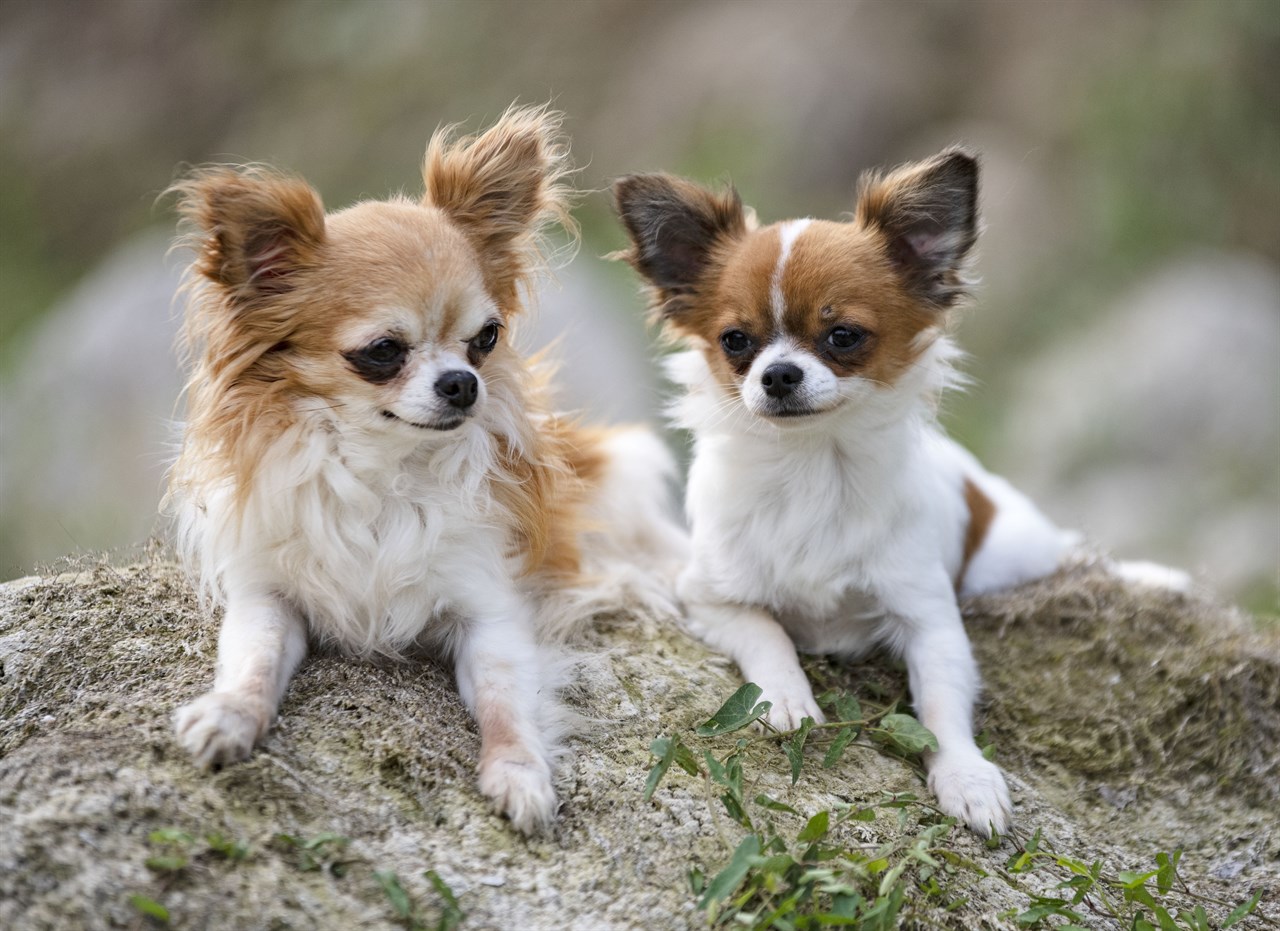Barking Habits of the Long Coat Chihuahua: Understanding the Vocal Nature

Chihuahuas, including the Long Coat variety, are known for their spirited and vocal nature. Their tendency to bark is a defining characteristic of the breed. Here, we delve into the barking habits of Long Coat Chihuahuas and address common questions regarding their vocal tendencies.
Do Chihuahuas Bark a Lot?
Yes, Chihuahuas are often considered one of the more vocal dog breeds, and they do tend to bark frequently. Their small size and strong guarding instinct make them quick to alert their owners to any perceived threats or changes in their environment. This can result in a lot of barking, sometimes even at seemingly minor stimuli.
Do Long Haired Chihuahuas Bark a Lot?
The coat type, whether long or short, does not significantly influence a Chihuahua's barking habits. Both Long Coat and Smooth Coat Chihuahuas have similar vocal tendencies. It's more a characteristic of the breed as a whole rather than a feature associated with their coat.
Why Do Chihuahuas Bark So Much?
Several factors contribute to the frequent barking of Chihuahuas:
- Alertness: Chihuahuas have a heightened sense of awareness. They are naturally alert and quick to react to changes in their environment. This vigilance leads to barking when they sense something unfamiliar or potentially threatening.
- Territorial Behaviour: Chihuahuas can be quite territorial, and they view their home and family as their domain. Any perceived intruders, whether real or imagined, may trigger barking as they assert their protective instincts.
- Communication: Chihuahuas use barking as a form of communication. They may bark to seek attention, express excitement, or convey their needs, such as hunger, discomfort, or the need to go outside.
- Anxiety and Fear: Chihuahuas, especially those lacking proper socialization, may bark out of anxiety or fear when faced with unfamiliar people, animals, or situations. It's a coping mechanism to express their discomfort.
- Boredom: Like many dogs, Chihuahuas may bark when they are bored and looking for stimulation. Ensuring they have toys, activities, and mental enrichment can help alleviate this.
- Loneliness: Chihuahuas are often deeply attached to their owners and can experience separation anxiety. Barking when left alone can be a sign of distress or a call for companionship.
- Training and Attention: Sometimes, Chihuahuas may bark persistently if they have been inadvertently reinforced for doing so in the past. If barking leads to attention or rewards, they may continue the behavior.
Managing Chihuahua Barking:
While you may not completely eliminate a Chihuahua's natural tendency to bark, you can manage and reduce it with these strategies:
- Training: Teach your Chihuahua a "quiet" command. Reward them for being quiet and gradually extend the duration of silence before offering treats or praise.
- Socialization: Properly socialize your Chihuahua from a young age to reduce fear-based barking in unfamiliar situations.
- Exercise and Mental Stimulation: Provide ample physical exercise and mental stimulation to prevent boredom, which can lead to excessive barking.
- Positive Reinforcement: Reinforce calm and quiet behavior with rewards, treats, and attention.
- Consult a Professional: If excessive barking persists and becomes a nuisance or a sign of behavioural issues, consult with a professional dog trainer or behaviorist for guidance.
In summary, Long Coat Chihuahuas, like their Smooth Coat counterparts, are known for their propensity to bark frequently due to their alert and protective nature. Understanding the reasons behind their barking and implementing training and management techniques can help strike a balance between their vocal tendencies and a peaceful home environment.
Chihuahua (Long Coat) puppies for sale
- Find Chihuahua (Long Coat) puppies for sale in ACT
- Find Chihuahua (Long Coat) puppies for sale in NSW
- Find Chihuahua (Long Coat) puppies for sale in NT
- Find Chihuahua (Long Coat) puppies for sale in QLD
- Find Chihuahua (Long Coat) puppies for sale in SA
- Find Chihuahua (Long Coat) puppies for sale in TAS
- Find Chihuahua (Long Coat) puppies for sale in VIC
- Find Chihuahua (Long Coat) puppies for sale in WA